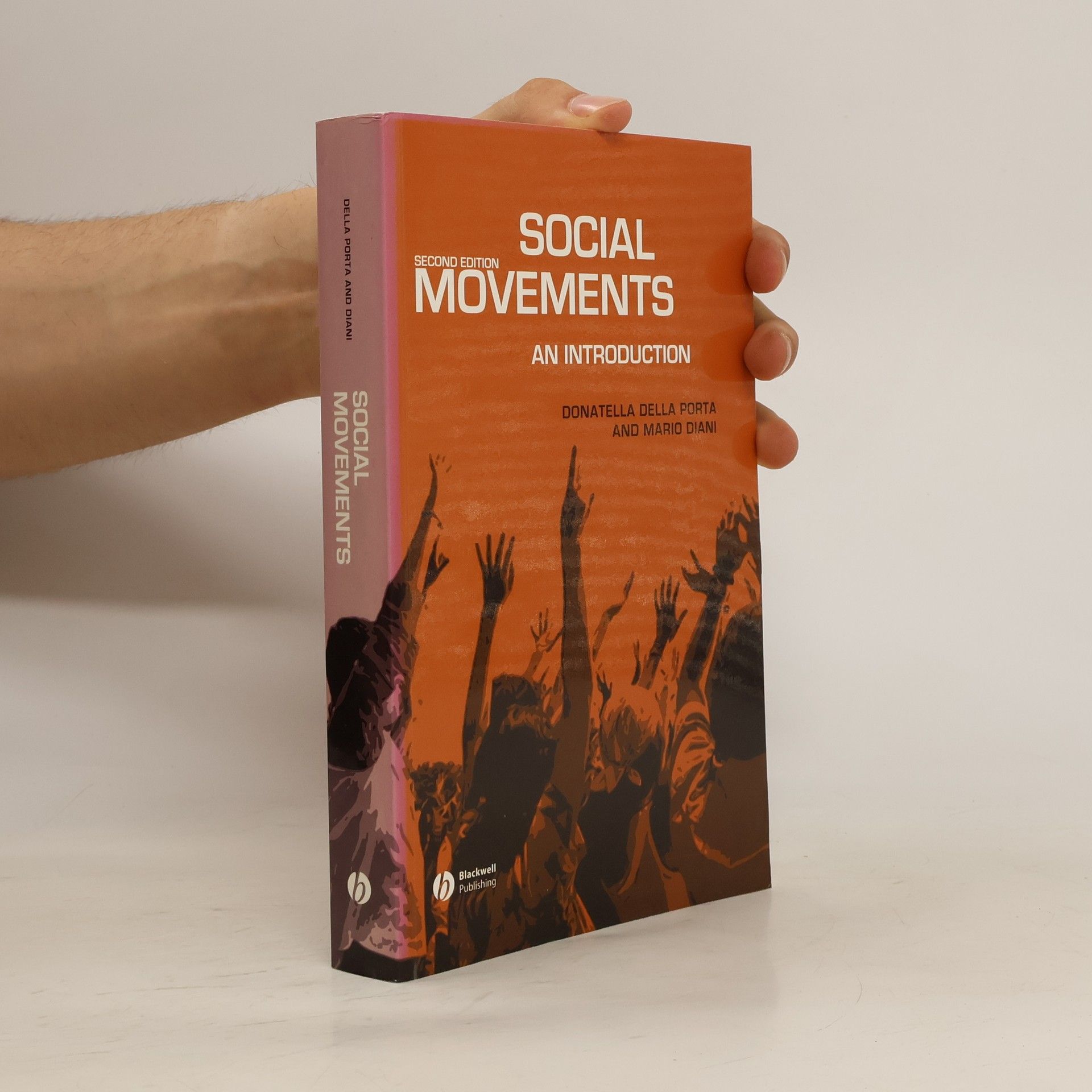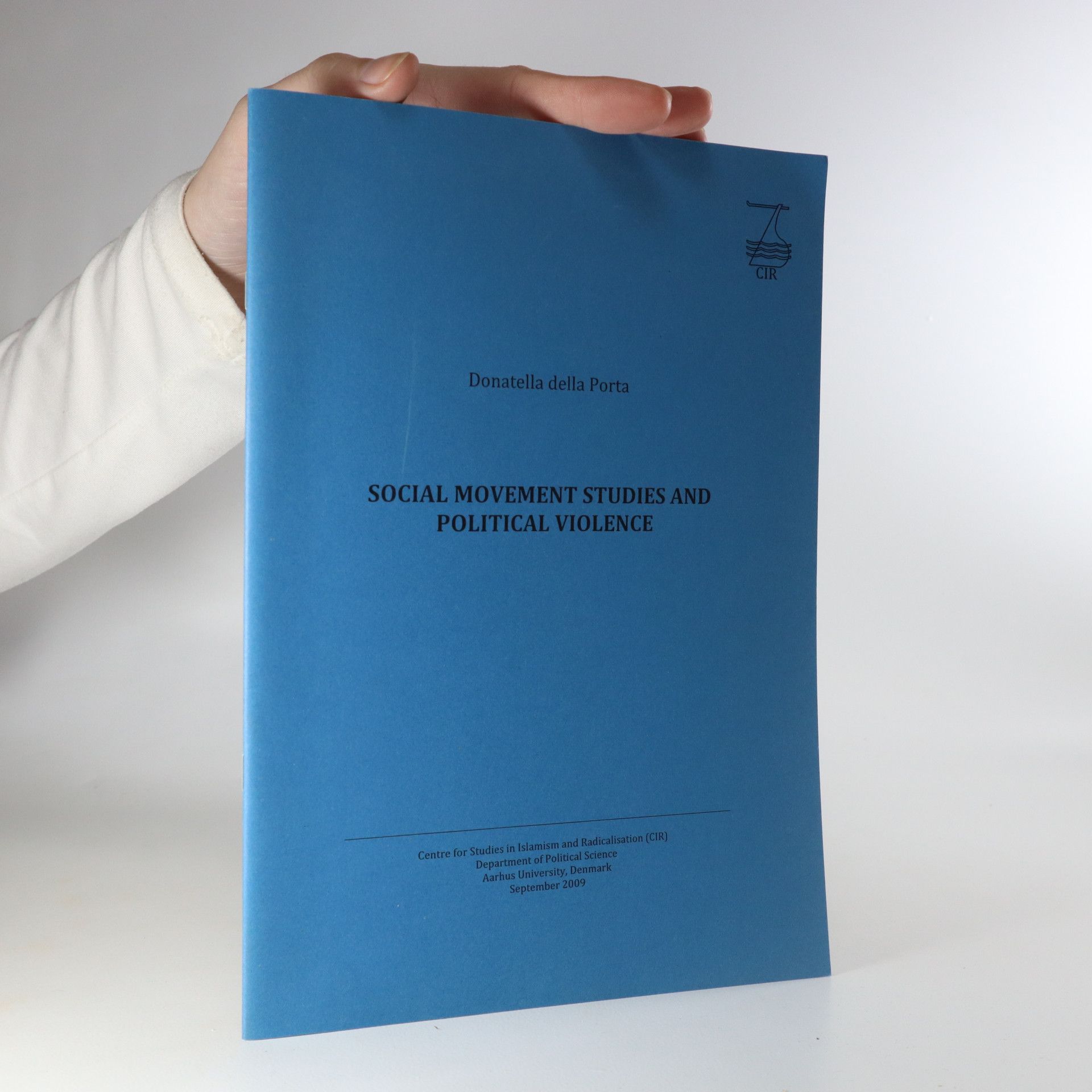Morální panika a represe: Zneužívání boje proti antisemitismu v Německu
- 184 pages
- 7 hours of reading
Křivá obvinění z antisemitismu, cancel culture a dědictví viny za holocaust – to vše podle socioložky Donatelly della Porta vytvořilo v současném Německu atmosféru represivní morální paniky, která přispívá k potlačování projevů nesouhlasu a manipulaci veřejné debaty. Po 7. říjnu 2023 tak čelilo hnutí solidarity s Palestinou a mnoho nesionistických Židů a Židovek tlaku, jaký byl v liberální demokracii donedávna jen těžko představitelný. Kniha mapuje podoby této paniky a představuje jednotlivé případy. Jakkoli je německá situace ojedinělá svou šíří i intenzitou, kultura křivých obvinění z antisemitismu a represivní morální paniky (nejen) vůči hnutí solidarity s Palestinou je rozšířeným fenoménem, jehož rozvoj můžeme pozorovat např. v Trumpových USA, a jak ukazují Ondřej Slačálek a Eva Svatoňová v doslovu k českému vydání, zapouští kořeny i v Česku.







